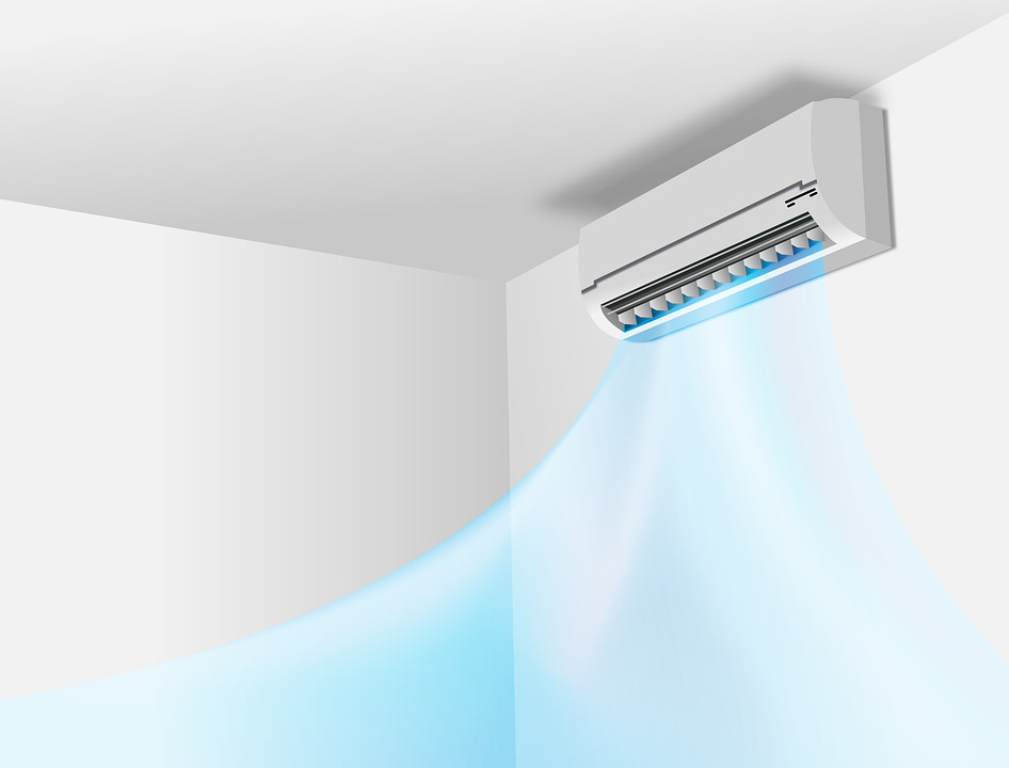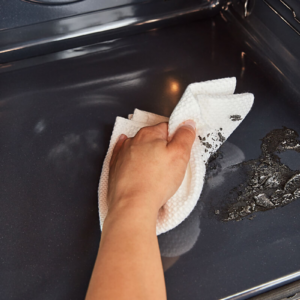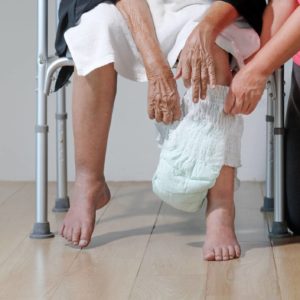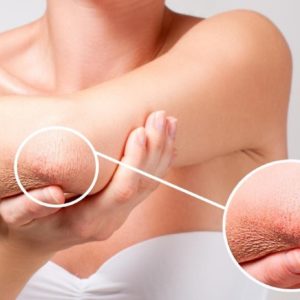The short answer is No.
Currently, there is no evidence of an air purification system that can effectively kill viruses.
But (there’s always a ‘but’ :D) there is an air purification model being developed to kill viruses. It’s just not ready yet for consumers.
The Long answer…
A team of researchers from Medistar Corporation and the University of Houston recently published a paper detailing a new air purifier that has the potential to capture and kill viruses in the Journal, Materials Today Physics.
The new air purification system is based on the process of heating a nickel-based filter to temperatures of up to 200 Co (392 F) as part of a disinfection process. Passing air through such high temperatures effectively removes and kills 99.8% of viruses present in the air.
According to the author of the paper, Dr. Zhifeng Ren, the future plan is to have the air filtration system installed in hospitals, schools, hotels, airports, restaurants, cruise ships, offices, and homes.
This system will help reduce the exposure of the SARS-CoV-2 virus, therefore lowering new Covid-19 infections which have been seen to remain airborne for a couple of hours.
Researchers from Medistar Corporation also envision the creation of a portable model of the purifier for use in small spaces. This model will disinfect the air in personal spaces for workers in high traffic areas and help reduce the spread of viruses.
However, that being said, there are air purifiers that can catch/trap viruses present in the air.
Air purifiers equipped with a HEPA rated filter can capture, to a certain degree, virus sized particles present in the air. When captured the viruses cannot multiply or be infectious for long.
But are these air filters really effective against COVID-19 or any other airborne viruses?
To answer this, it is important we start by discussing how HEPA-rated air purifiers work.
How HEPA-rated air purifiers work
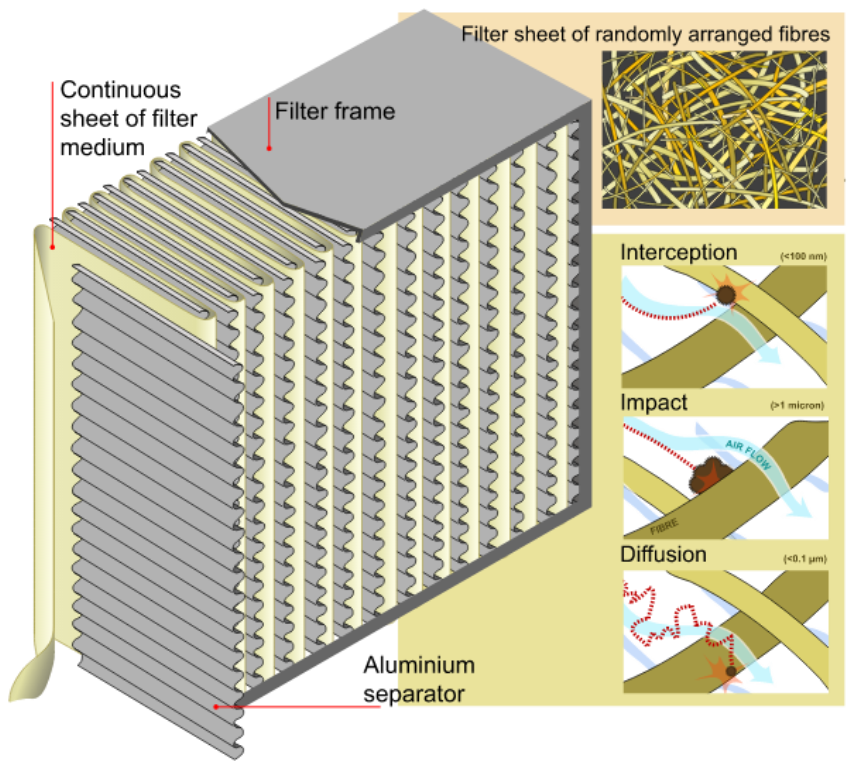
Air purifiers have filters that are made up of a mesh of fibers that prevent particles in the air from passing through.
For HEPA-rated air filters, they contain a complex weave of fibers that carry an electrostatic charge. Particles in the air passing through the filters are attracted to the fibers which prevent them from passing through- pretty much similar to how a magnet works.
This technology makes them much more efficient in filtering particles in the air than other non HEPA filters in purifiers.
How do HEPA air purifiers trap viruses?
The current state of art HEPA air filter is referred to as H13 or True HEPA by the U.S Department of Energy.
A True HEPA captures up to 99.7% of particles that are 0.3 microns or higher. However, some particles below 0.3 microns will still be captured by the charged magnetic HEPA fibers. The zigzag patterns of the HEPA maze-like fibers further enhance this process by creating a larger surface area where the particles are being trapped.
Viruses such as COVID-19 virus are about 0.125 microns but they travel in larger droplets of around 1 micron. That’s a size that is easily captured by True HEPA filters.
But here is a key point to note: Although HEPA rated air purifiers claim to trap particles in the air, no air purifier is 100% effective in trapping viruses. The filters trap a portion of the particles in the air such as COVID-19 and flu viruses.
How HEPA filters can help reduce the spread of airborne viruses
Most airborne viruses such as the COVID-19 virus are often carried by water vapor. For COVID-19, coughs and sneezes are among the main symptoms and a big concern for the spread of the disease.
A HEPA filter can play a significant role in trapping these viruses by removing water vapor in the air. Since most viruses such as COVID-19 can remain infectious for up to three hours, there is enough time to allow air in a house to circulate through the HEPA air purifier to remove the viruses.
It is important, however, to make regular checks and upgrades to your HVAC system to ensure that your filters are effective in clearing particles in the air. We recommend choosing an expert in HVAC or service HVAC companies (such as Heating and Air Conditioning New Jersey) to help you with regular maintenance.
HVAC systems are just part of the prevention
While protecting yourself against COVID-19 and other airborne viruses, it is important to note that air filters are just part of the prevention.
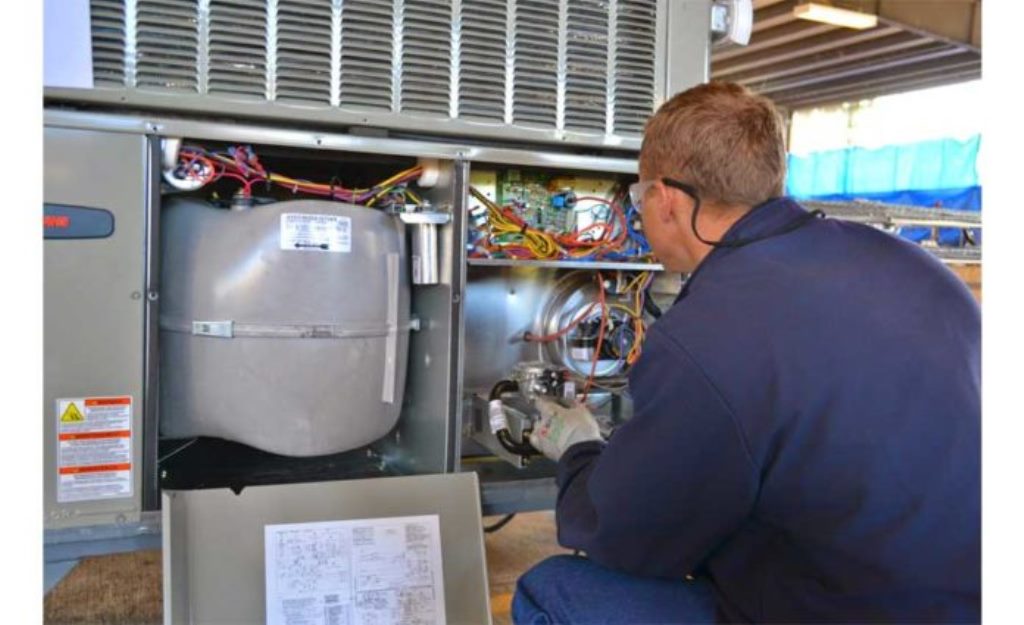
Since airborne viruses can be transmitted through physical contact, ensure that you have other non-airborne measures to protect you against anything you might catch from surfaces. Always follow the CDC guidelines in the prevention of COVID-19 infection.
It is also important to note that an air purifier traps viruses in the air, but most viruses are found on the skin, in body fluids, or on surfaces that have come into contact with an infected human being. Your best options, therefore, are minimizing any unnecessary contact, disinfecting surfaces with high human traffic, and washing or sanitizing your hands regularly.
Bottom line
Be wary of products claiming to remove or destroy the coronavirus by using filters, heat, or some other kind of technology. We suggest that you take these products with a grain of salt since there isn’t enough evidence yet to prove that they work and are efficient.
